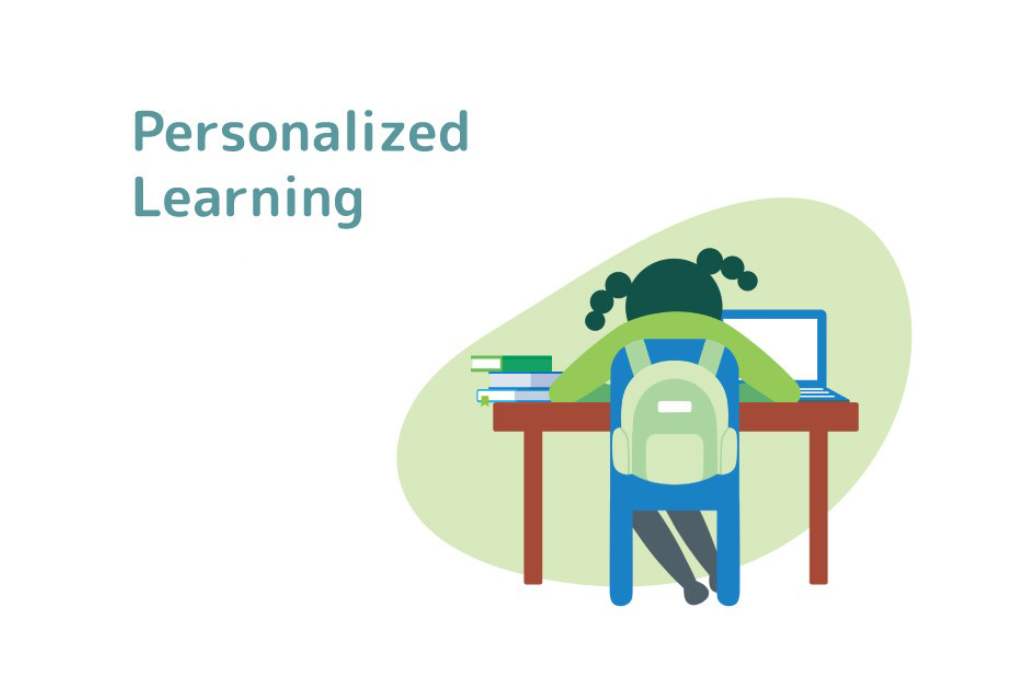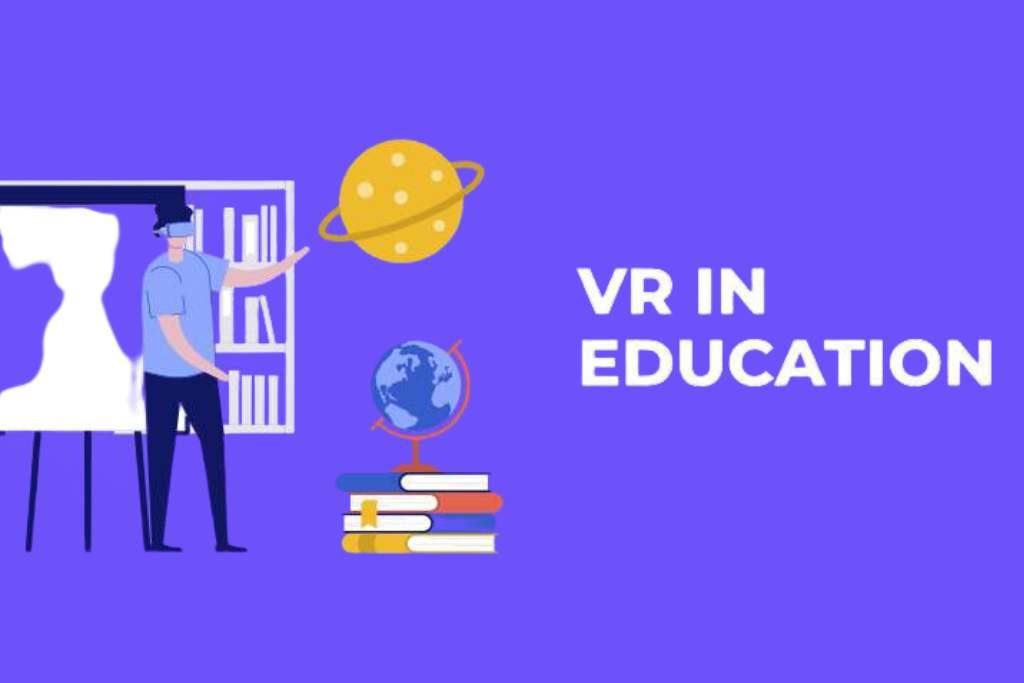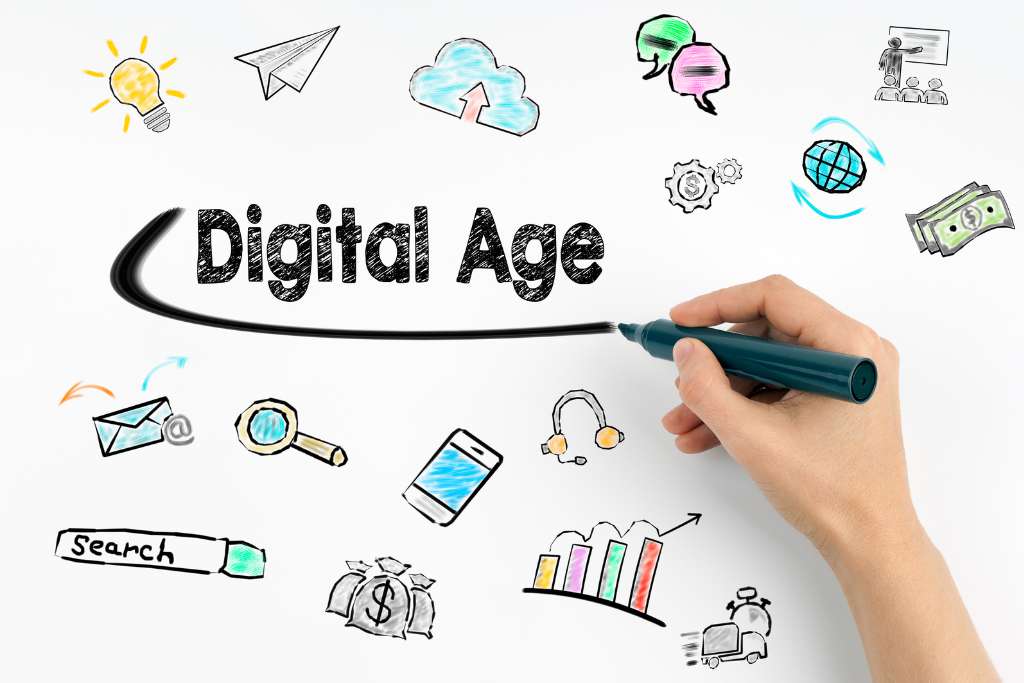In an ever-evolving world driven by technological advancements and global connectivity, the realm of higher education is also undergoing a radical transformation. As we stand at the precipice of a new era, it is crucial to contemplate what lies ahead for higher learning. The future of education holds immense potential for innovation, as traditional boundaries dissolve and cutting-edge technologies merge with pedagogical approaches in ways never thought possible before. This article delves into the dynamic landscape that awaits us – exploring emerging trends, transformative strategies, and game-changing educational models that are set to reshape the way we think about education itself. Brace yourself for a gripping journey through the endless possibilities that lie on the horizon of higher learning!

The Rise of Online Learning: Revolutionizing Higher Education
Online learning has transformed higher education, transforming how students access and interact with knowledge. Technology and global connectivity are erasing barriers and creating new innovation opportunities. Online education is reaching people in remote areas. It also allows students to study at their own speed and time. Cutting-edge technologies and pedagogical approaches are enabling this paradigm change in higher education.

We must consider the future of higher education as we approach a new age. Transformative solutions that meet varied student needs are the future of education. Personalized learning pathways, adaptive assessments, and virtual reality simulations are changing knowledge acquisition and application. Games engage and motivate students. Online learning is transforming higher education into a world of accessibility, flexibility, and creative teaching methods.
In conclusion, online learning is changing higher education by removing barriers and providing quality educational resources to all students. Technology and pedagogy can personalize learning journeys and engage students through interactive platforms. As these developments continue to impact higher education’s trajectory in unprecedented ways, educators must fully embrace this transition to maximize its potential to change lives worldwide.
Artificial Intelligence in the Classroom: Enhancing Learning Experiences
AI is making classes interactive. AI can tailor learning to each student’s needs and talents, making it more effective and entertaining. AI systems can discover student weaknesses and provide targeted support by analyzing massive volumes of data. This tailored strategy improves academic achievement, motivation, and confidence.

AI-powered chatbots support students and teachers instantly. These virtual assistants can answer inquiries, explain complex ideas, and guide pupils without human assistance. This gives teachers more time to teach critical thinking and problem-solving rather than administrative responsibilities.
In conclusion, AI in the classroom creates a dynamic learning environment that meets each student’s needs and provides real-time support for students and teachers. AI technology will improve learning experiences in the future.
Personalized Learning: Tailoring Education to Individual Needs
Personalized learning caters to each student’s needs. Technology and data enable tailored learning paths, pacing, and content. It recognizes that students have different skills, limitations, interests, and learning styles.

This method benefits students and teachers. Students learn at their own pace and according to their needs. They might study topics of interest or difficult concepts before moving on. Customization boosts student engagement, motivation, and retention.
Personalized learning helps teachers target their lessons. They can track student growth and adapt teaching tactics with real-time data. Teachers collaborate on data analysis, intervention development, and best practices in individualized learning.
The Role of Virtual Reality in Higher Education
VR will transform higher education. VR can transform student learning by offering immersive and engaging experiences. VR may expand experiential learning beyond textbooks and real-life experiences with virtual field trips to historical locations and simulated laboratory experiments.
VR in higher education eliminates geographical constraints. VR technology lets students engage with peers and professors worldwide without leaving their homes. This allows unprecedented collaboration and cultural exchange.

VR also allows for experimentation. These virtual worlds let students experiment and fail without consequences. Medical students can rehearse sophisticated operations or surgeons-in-training can perform virtual surgeries before performing.
VR in higher education can offer more engaging and effective learning experiences that prepare students for success in a technology-driven future.
The Impact of Big Data Analytics on Student Success
Higher education student success is impacted by big data analytics. Institutions can learn about student behavior and performance by analyzing massive volumes of data from academic records and online learning platforms. This data-driven method helps educators identify at-risk pupils early and create individualized interventions to improve progress and retention.

Big data analytics may also create prediction models that predict student outcomes based on historical patterns. These methods let teachers personalize instruction to individual requirements, improving learning results. By analyzing huge datasets, educational institutions can assess the efficacy of various programs and initiatives, enabling evidence-based curriculum design and resource allocation.
Big data analytics can transform higher education by empowering students and educators with actionable data. Its ability to find patterns in a complicated educational landscape could lead to more tailored learning and higher student success rates.
Skills of the Future: Preparing Students for the Jobs of Tomorrow
In an ever-changing environment, students need future-relevant skills to prepare for future careers. This requires developing critical thinking, problem-solving, and creativity beyond topic knowledge. Automation and AI are making these talents more important.
Future workers need digital literacy. Students must adapt rapidly and use new technology. This includes essential online information evaluation and technical abilities.

Finally, future employment success requires collaboration and teamwork. As work becomes increasingly interdisciplinary and global, working successfully with varied people is essential. Employers value clear communication and cross-platform collaboration.
Preparing pupils for future employment needs critical thinking, digital literacy, and collaboration skills. Educators may prepare students for a fast-changing world by prioritizing these qualities alongside topic knowledge.
The Importance of Lifelong Learning in the Digital Age
Education has changed quickly in the digital age. Lifelong learning is crucial in this age of globalization and technological growth. Adapting to today’s changing world requires lifelong learning.
Today’s work market requires lifelong learning. Professional development is no longer limited to classrooms as companies move rapidly. Online courses, webinars, and other e-learning platforms provide anytime, anywhere learning.

Lifelong learning encourages intellectual curiosity and critical thinking, which boosts personal growth. In a world where data is continuously created and shared digitally, people must learn to filter it. Lifelong learners may digest, analyze, and apply information in their personal and professional lives. For valuable insights on managing information overload and enhancing professional development, check out “How to Reduce the Cost of Starting a Business” This resource offers practical strategies to navigate the challenges of staying informed and productive in today’s fast-paced digital landscape.
In conclusion, lifelong learning is essential in a technology-driven environment. It offers professional development and personal growth. Committing to constant learning will help us adapt and thrive in an unpredictable future with huge innovation potential.
